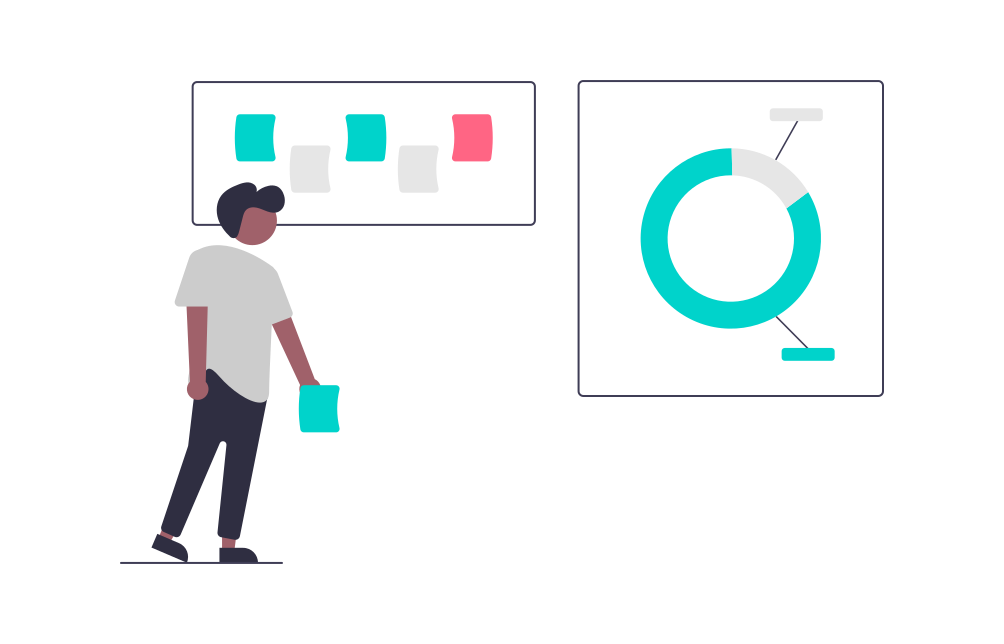
Marketing localization specialists are links between a brand’s global vision and its local execution. This is a crucial role for any company that wants to establish and maintain a strong presence in international markets. But what do these professionals do, exactly? From their day-to-day tasks to the tools they use, we’ll discuss the exciting role of marketer specialized in localization.
Overview
- What a marketing localization specialist is
- What a marketing localization specialist does
- What tools marketing localization specialists use
- How to become a marketing localization specialist
- How POEditor can assist marketing localization specialists
What a marketing localization specialist is
A marketing localization specialist is someone who helps businesses adapt their marketing materials to specific international markets. They are basically cultural translators for marketing messages. Their main role is to make marketing content resonate with a target audience in a different country or region.
What a marketing localization specialist does
Marketing localization specialists manage the translation of marketing copy, slogans, and other content into different languages, but it’s not just a word-for-word swap. They might use transcreation, which captures the original message’s essence and adapts it for the target culture’s impact. In addition, they might also recommend changes to layouts, colors, and even images to better suit the target audience’s preferences.
These professionals often work with a network of translators, editors, and designers specializing in localization. Their role involves selecting vendors, assigning tasks, and ensuring quality control throughout the project. A marketing localization specialist might also work on style guides and glossaries, which are used to maintain consistency across translated materials.
What tools marketing localization specialists use
When adapting content for different markets, you need to use quite a lot of tools to enhance efficiency, ensure quality, and enable effective collaboration among team members. Firstly, you can’t do without a translation management system (TMS), which is essential for overseeing the entire translation workflow.
For the actual translation work, Computer-Assisted Translation (CAT) tools are indispensable. These tools store translated segments in a database called translation memory, allowing for reuse in future translations and maintaining consistency across different projects. Maintaining consistency in terminology is further supported by glossary and terminology management tools.
We’re talking marketing here, so in addition to translation and localization tools, SEO and digital marketing tools are employed to optimize localized content for search engines and online marketing in target markets. These tools assist in keyword research, competitive analysis, and tracking the performance of localized content.
How to become a marketing localization specialist
One of the best ways in which you can enter this exciting field is by earning a bachelor’s degree in fields such as marketing, communications, linguistics, translation studies, or international business. These degrees can provide a good starting point, but they don’t always constitute a requirement.
What you do need is fluency in at least two languages is crucial, with one often being English due to its prevalence in international business. Deepen your understanding of the languages you aim to work with, including their cultural nuances, idiomatic expressions, and regional variations.
Since this is a marketing job, you will need to familiarize yourself with marketing principles, including digital marketing, content creation, and SEO. Online courses, certifications in digital marketing, and hands-on experience through internships or entry-level jobs in marketing can help you understand how marketing strategies are developed and executed.
How POEditor can assist marketing localization specialists
As a translation management system, POEditor acts as a central hub for managing all aspects of the localization process. Specialists can upload marketing content, assign tasks to translators, track progress, and collaborate on translations in real-time.
The platform includes translation memory and glossary features, which are crucial for maintaining consistency across translations. Translation memory stores previously translated segments, allowing for reuse in future projects, while glossaries ensure that key terms and brand-specific language are translated consistently.
POEditor supports a wide range of file formats commonly used for website localization and app translations, ensuring compatibility with different marketing content. We also offer various pricing plans, catering to the needs of individual freelancers or larger marketing teams.